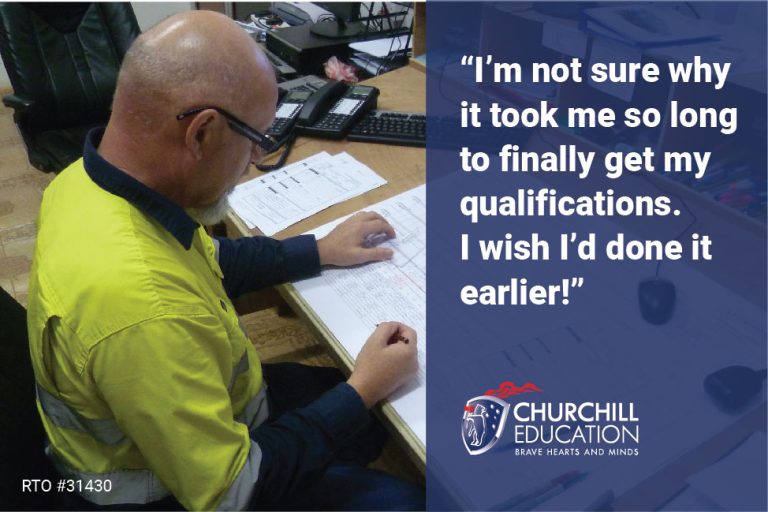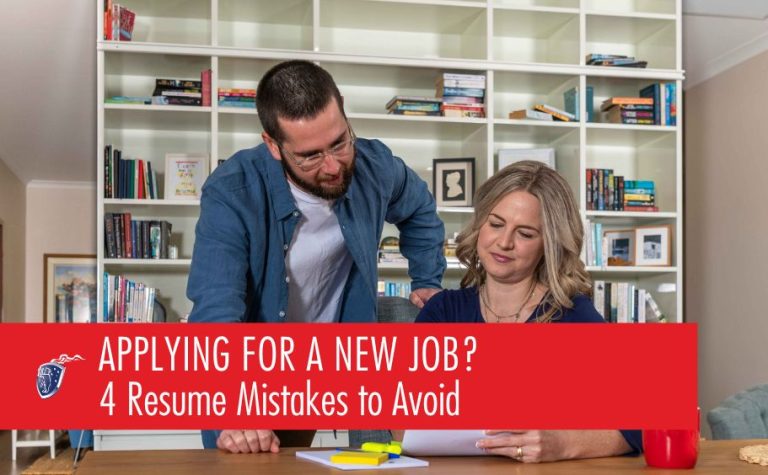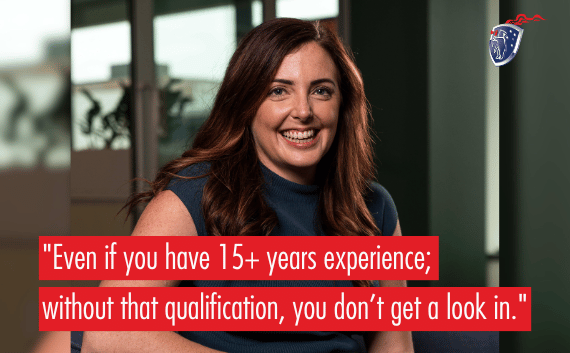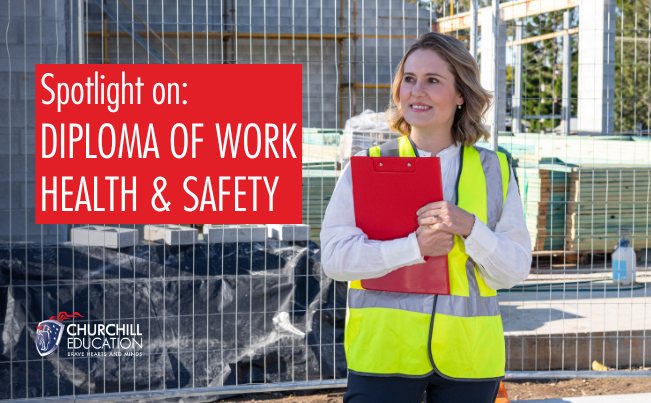It’s tempting to think of Facebook, Instagram, Snapchat and Twitter as private spaces for you to interact with your friends and family. But, unless your social media privacy settings are so tightly controlled that you’re basically NASA, you can (and probably will be) traced online by potential employers.
So, how do you make sure that your social media doesn’t rule you out before you even get to interviews? Here are the five steps you need to take to make sure you’re keeping it clean and keeping yourself in the running for your dream job:
1. Google yourself
The first step is establishing what is actually out there in cyberspace with your name attached to it. There may be profiles from days of old (Remember My Space?) or other platforms you hadn’t even thought to check, like Pinterest, Tumblr or YouTube. It’s also a good idea to do an image search, and to search any usernames you use that are linked to your real name. The site NameChk can help to identify where you’ve registered your usernames, so you don’t miss any.
2. Lock it down
Check all of your privacy settings, and set your profiles to only be accessible to friends. Unless all of your content across all of your profiles is completely above board, don’t accept friend requests from strangers – they might be Human Resources Managers on the prowl! If you have your posts available for ‘friends of friends’ to view, this may give recruiters an open back door to your profile, too. Remember that strangers will still be able to view your profile pic, and possibly your former profile pics, as well.
3. Clean up your content
You might think that what you do on your weekends is nobody else’s business. You’re not on the clock, so your time is your own, right? Maybe, but it’s best if potential employers don’t see pics of you partying with your friends. Wrongly or rightly, they might make inferences about you as an employee based on your behaviour on a night out. To be on the safe side, any references to drug use, drinking, gambling or any sort of anti-social behaviour should be deleted, promptly. Check what others have tagged you in, too.
4. Be careful what you comment on
Even if your settings are private, commenting on public posts may leave you exposed. If you want to weigh in on conversations, debate current affairs or put your two cents in on any controversial issue of the day, just be aware that other people may see what you write and ask you about it. On this same topic, re-tweeting other people’s material can be viewed as implicitly endorsing it. Make sure you’re prepared to defend whatever you put out.
5. LinkedIn speaks volumes
This is the one social media platform that you do want potential employers to find you on. We’ve got a few articles on our blog about getting the most out of LinkedIn as a jobseeker, and the same rules apply as to other platforms – be careful about what you comment on. This can also work in your favour though: commenting on, liking and sharing articles that are relevant to your industry shows that you’re professional and engaged, without you spelling it out. An updated and complete profile says the same thing.







